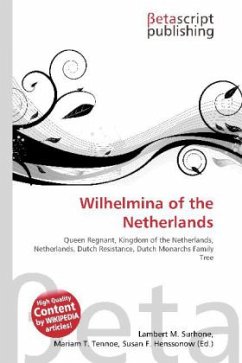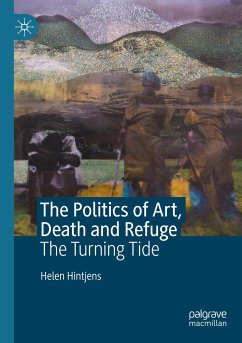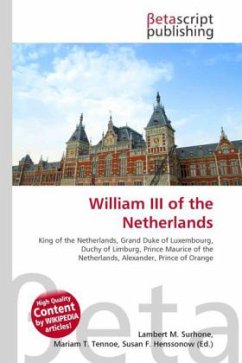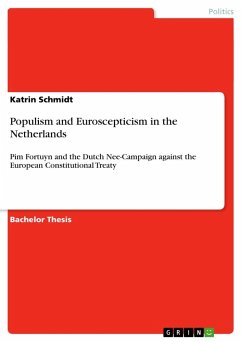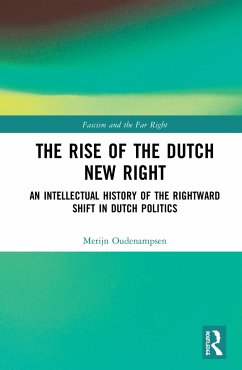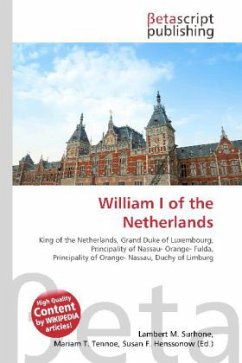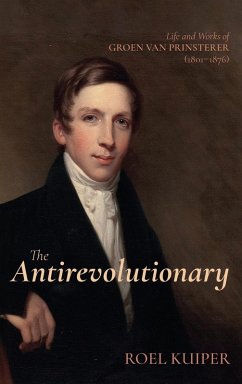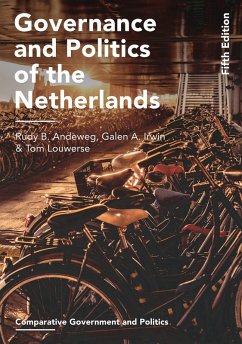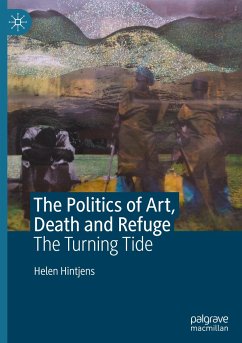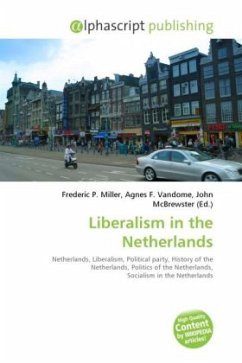
Liberalism in the Netherlands
Versandkostenfrei!
Versandfertig in 6-10 Tagen
26,99 €
inkl. MwSt.

PAYBACK Punkte
13 °P sammeln!
High Quality Content by WIKIPEDIA articles! This article gives an overview of liberalism in the Netherlands. It is limited to liberal parties with substantial support, mainly proved by having had a representation in parliament. The sign denotes another party in that scheme. For inclusion in this scheme it isn't necessary so that parties labeled themselves as a liberal party. Liberalism has always been an important current in Dutch politics since the Dutch Republic. Between mid-1800s to the late-1800 they were a dominant force in shaping the Dutch parliamentary democratic rechtsstaat. In the ea...
High Quality Content by WIKIPEDIA articles! This article gives an overview of liberalism in the Netherlands. It is limited to liberal parties with substantial support, mainly proved by having had a representation in parliament. The sign denotes another party in that scheme. For inclusion in this scheme it isn't necessary so that parties labeled themselves as a liberal party. Liberalism has always been an important current in Dutch politics since the Dutch Republic. Between mid-1800s to the late-1800 they were a dominant force in shaping the Dutch parliamentary democratic rechtsstaat. In the early 1900s the liberals split between progressive liberals and conservative liberals. Due to their political division and the introduction of universal suffrage the liberals disappeared from the political stage. After the Second World War the liberals were united again under one roof, the VVD, but the party remained small. It entered some administration coalitions as a junior party. A progressive liberal party, D'66 was founded in 1966. Since the 1970s however liberalism has been on the rise again electorally.



